NLP applications in healthcare
The healthcare industry is undergoing significant transformations, leveraging advanced technologies to improve patient outcomes, streamline operations, and facilitate better decision-making. One of the most promising advancements is Natural Language Processing (NLP), a branch of artificial intelligence that empowers computers to understand, interpret, and respond to human language in a meaningful way. By integrating NLP into healthcare systems, the industry is poised to revolutionize patient care, providing both clinicians and patients with innovative tools that enhance communication, diagnostic accuracy, and patient engagement.
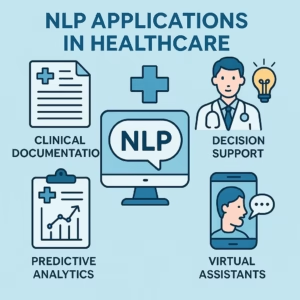
Enhancing Communication Between Patients and Providers
One of the fundamental challenges in healthcare lies in effective communication. Misunderstandings can lead to errors in diagnosis, treatment, and ultimately, patient safety. NLP systems can help bridge this gap by analyzing patient history documents, doctor’s notes, and treatment protocols. With the ability to process and extract valuable information from unstructured data, NLP tools can assist healthcare providers in understanding complex patient conditions quickly and accurately.
For instance, chatbots powered by NLP are increasingly being used for preliminary consultations, allowing patients to describe their symptoms in natural language. These bots can categorize symptoms, prioritize cases, and guide patients toward appropriate care, all while reducing the administrative burden on healthcare professionals. By facilitating smoother communication, NLP enables providers to devote more time to patient care rather than paperwork.
Improving Diagnostic Accuracy
Accurate diagnosis is crucial for effective treatment. However, clinicians often rely on varied sources of information, which can lead to oversights and misinterpretations. NLP tools can sift through vast amounts of clinical data, including electronic health records (EHRs), research papers, and clinical guidelines, quickly identifying relevant information that can aid in diagnosis.
For example, NLP algorithms can detect patterns in patient symptoms and correlate them with similar cases documented in medical literature. This capability not only enhances diagnostic accuracy but also aids in identifying potential treatment options based on the latest research findings. By providing clinicians with timely insights, NLP can significantly expedite the diagnostic process, ultimately leading to improved patient outcomes.
Streamlining Administrative Processes
The administrative side of healthcare has long been criticized for inefficiencies that consume valuable resources. NLP can play a pivotal role in streamlining these processes, from simplifying data entry to automating patient scheduling and billing. By extracting key information from patient records, NLP reduces the workload for healthcare personnel, allowing them to focus more on direct patient care.
Moreover, NLP allows organizations to analyze feedback from patients effectively. Sentiment analysis—a branch of NLP—can gauge patient satisfaction by analyzing the tone and context of feedback. Understanding patient sentiments can help healthcare facilities address concerns promptly and improve service delivery.
Enhancing Patient Engagement
Patient engagement is critical to the efficacy of healthcare. Engaged patients are more likely to adhere to treatment plans, attend follow-up appointments, and communicate openly with their providers. NLP technologies facilitate enhanced patient engagement by allowing individuals to communicate in a language they understand. This can be achieved through personalized messaging that educates patients about their conditions, treatment options, and preventive measures. Youtube
Additionally, NLP can empower patients by providing tailored education material. For instance, by analyzing a patient’s unique health literacy, medical history, and preferences, NLP tools can generate personalized content that resonates more with the individual, fostering a deeper understanding of their health.
Ethical Considerations and Challenges
While the potential benefits of NLP in healthcare are profound, the deployment of these technologies does not come without challenges and ethical considerations. Issues of data privacy, the risk of algorithmic bias, and the importance of maintaining human oversight in patient care remain paramount. Ensuring that NLP systems are designed with ethics in mind, prioritizing patient confidentiality and equitable care, is essential as their role in healthcare continues to expand.
Conclusion
The integration of Natural Language Processing in healthcare is transforming patient care by enhancing communication, accuracy in diagnostics, operational efficiencies, and patient engagement. As the technology continues to mature, its applications are likely to expand, leading to more personalized, effective, and efficient healthcare delivery. However, as we embrace these advancements, the healthcare industry must also remain vigilant in addressing the ethical challenges that accompany technological progress. By doing so, we can harness the full potential of NLP to revolutionize patient care and improve overall health outcomes.
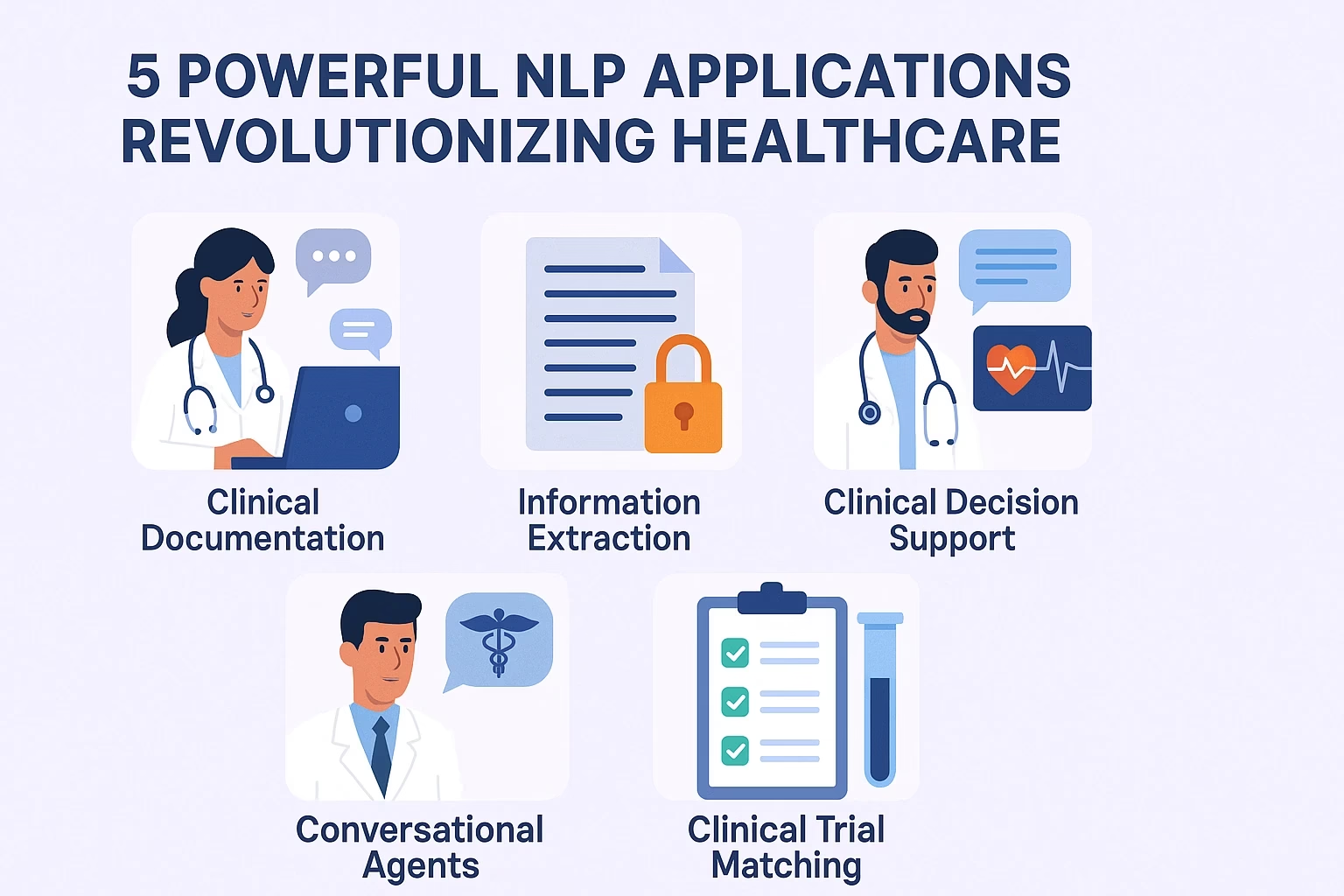
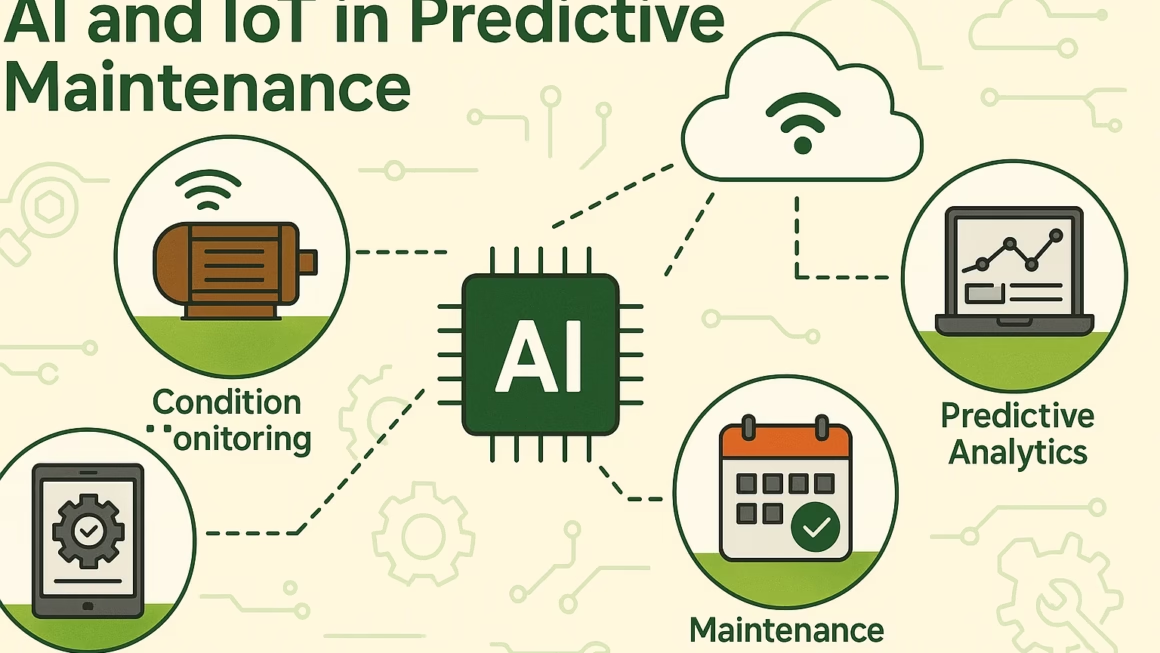
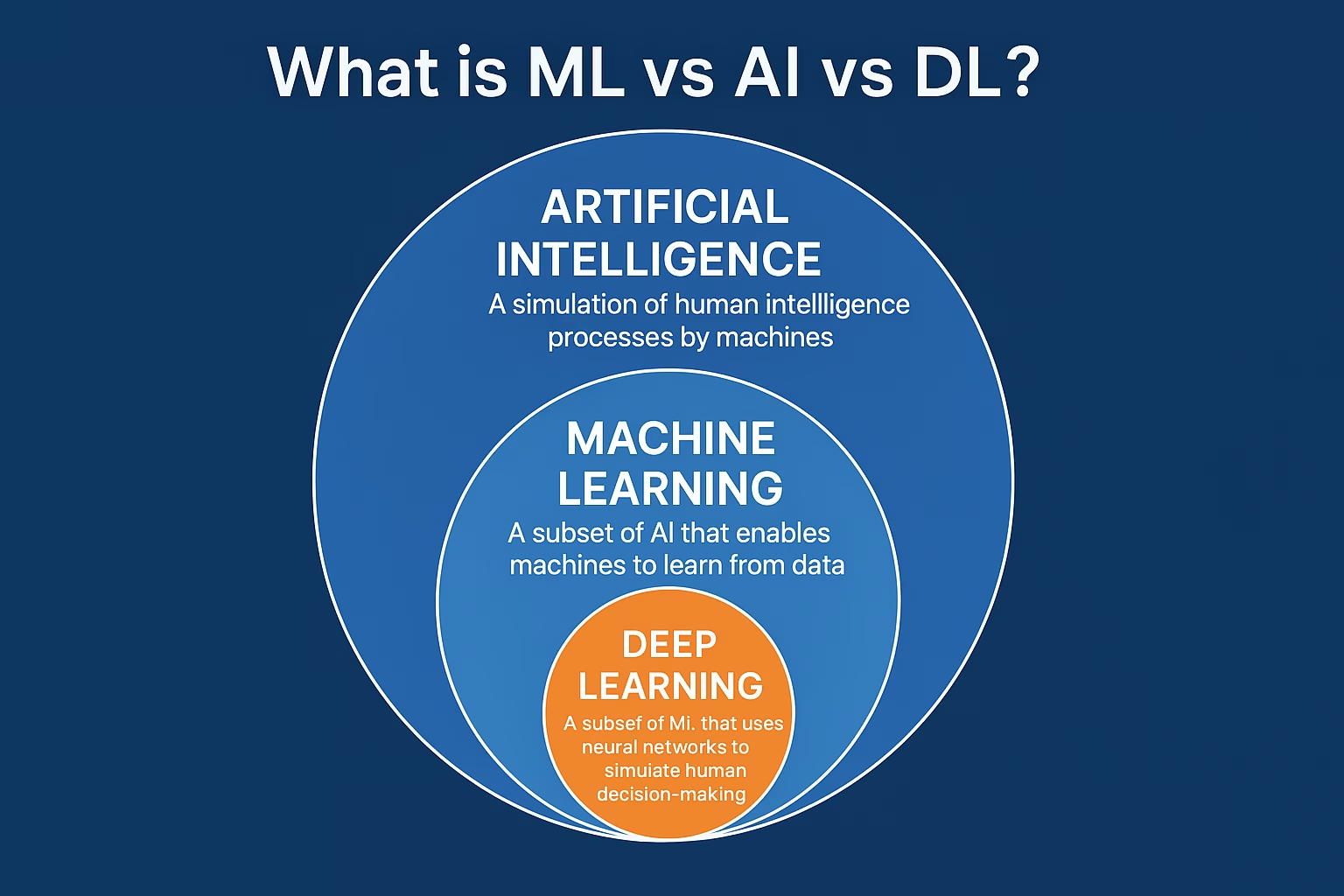
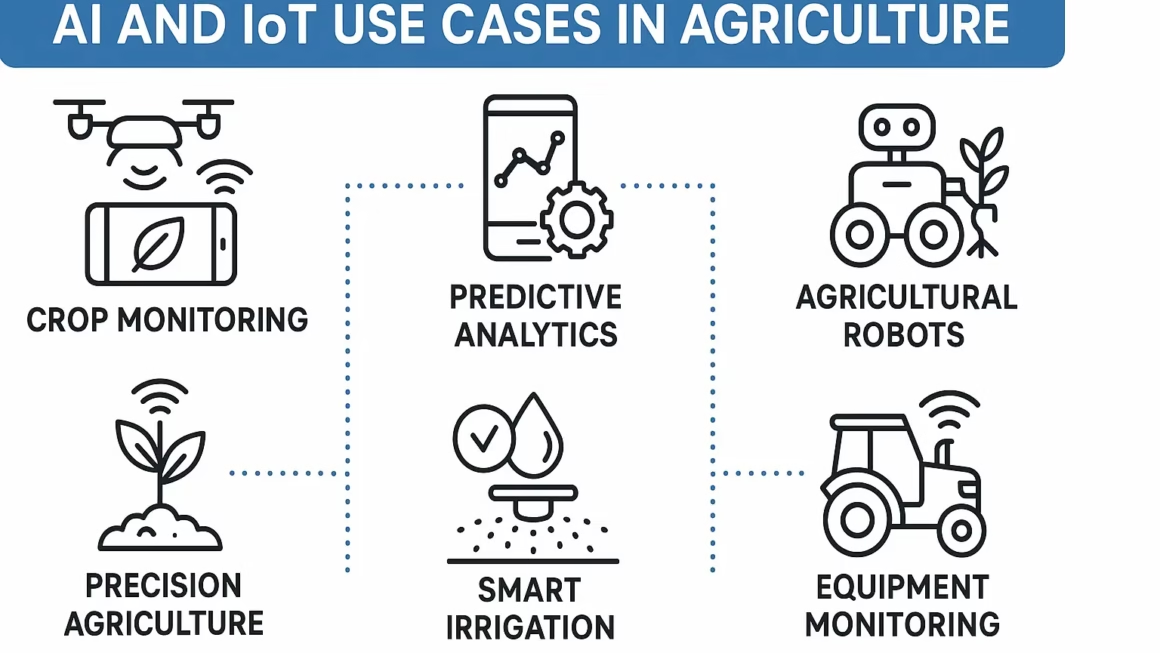
One thought on “5 Powerful NLP Applications Revolutionizing Healthcare”